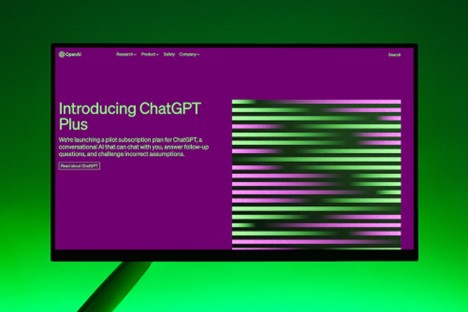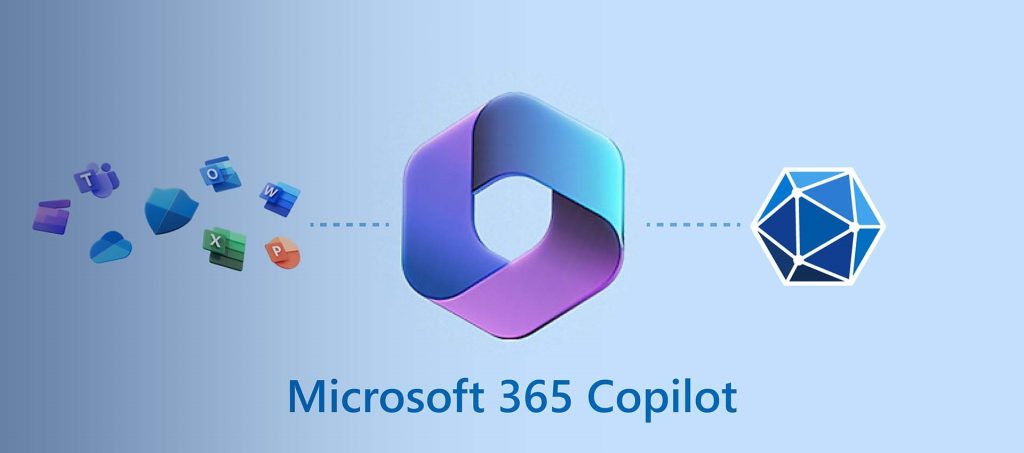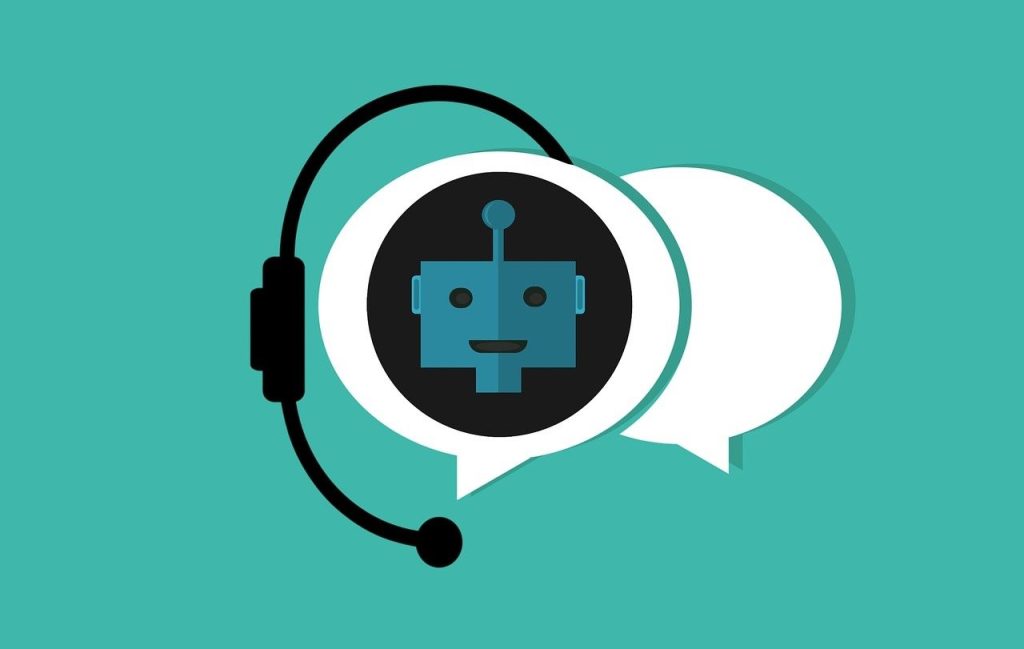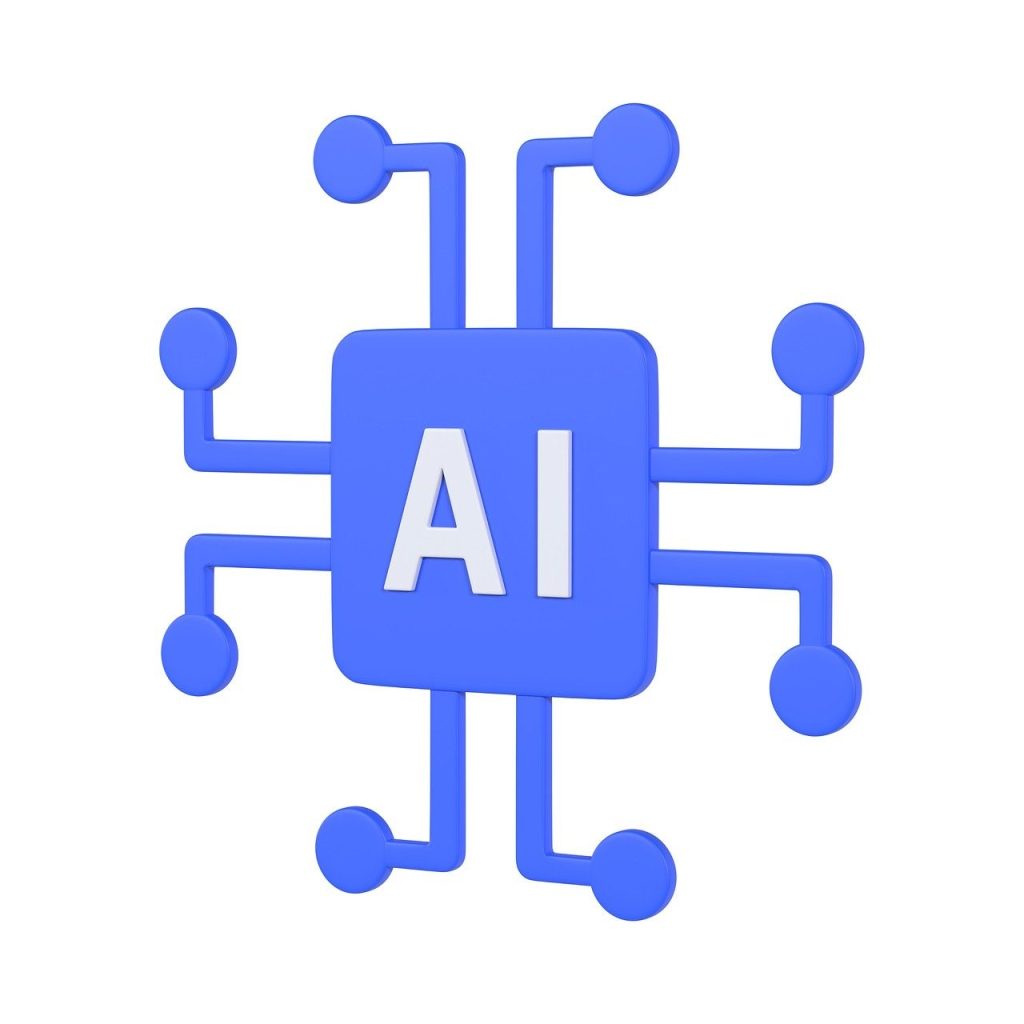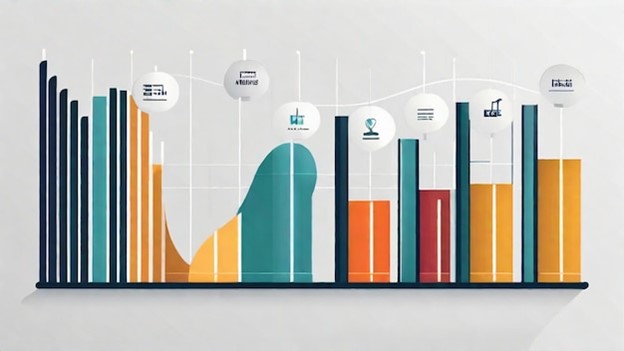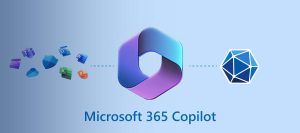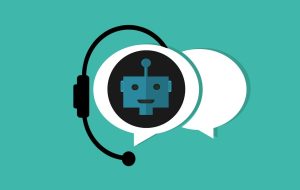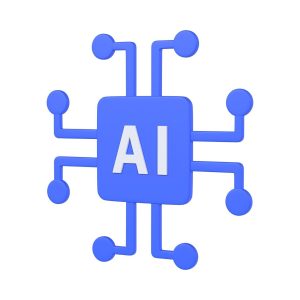Understanding the Concept of ChatGPT Jailbreaks
Prior to dissecting the reasons behind the failure of ChatGPT jailbreaks, it’s paramount that we first grasp the underlying idea. ChatGPT is a sophisticated language model, created by OpenAI, that utilizes machine learning to produce responses mimicking human text. In this scenario, a “jailbreak” points to any unapproved effort to tamper with or override the restrictions of a system, namely, ChatGPT.
The concept of unlocking ChatGPT might be appealing to many, particularly given the possibility of accessing enhanced functions or abilities. Nonetheless, most of these endeavors result in frustration due to a number of basic factors. This piece intends to illuminate these factors, offering an understanding of the intricacies of AI technology and the difficulties linked to cracking open such a system.
The formidable architecture, stringent security protocols, legal aspects, ethical issues, and technical difficulties of ChatGPT all play a part in rendering jailbreak attempts futile. It’s important to bear in mind that AI, despite its impressive capabilities, is intentionally confined within certain limits for a purpose. With this perspective in mind, let’s further investigate why attempts to jailbreak ChatGPT are unsuccessful.
Reason 1: The Design and Structure of ChatGPT
The primary obstacle to efficaciously jailbreaking ChatGPT lies in its elaborate design and architecture. ChatGPT utilizes sophisticated machine learning algorithms and large-scale transformers, inherently intricate and evolving. This renders any attempts to tamper with its code or evade its limitations exceedingly challenging.
ChatGPT is not merely a rudimentary software that can be tweaked with fundamental coding skills. It represents an advanced AI model that has been trained on a vast dataset. The intricate nature of its foundational structure and the high level of proficiency needed to modify it greatly underscore the impracticality of attempts to breach its security.
The continuous development of ChatGPT’s framework to incorporate the most recent advancements in AI technology amplifies this challenge. OpenAI persistently improves and strengthens the model, thereby safeguarding it against any jailbreaking attempts.
Reason 2: Security Measures in Place for ChatGPT
A significant barrier to breaching ChatGPT is the comprehensive safety measures employed. OpenAI has established stringent security procedures to safeguard ChatGPT’s integrity and avoid illicit entry or tampering.
The implemented security protocols encompass both tangible and electronic barriers. Regarding the server, robust access regulations are deployed to ward off any unauthorized breaches. On the digital side, a host of encryption methods, coupled with firewalls, act as a shield against any possible risks, thereby safeguarding the data and the model.
Additionally, OpenAI employs a specialized team of cybersecurity professionals who vigilantly monitor the system 24/7. They utilize cutting-edge threat detection technologies and frequently perform assessments of system vulnerabilities to prevent any possible security breaches.
Reason 3: Legal Implications of ChatGPT Jailbreaks
The legal implications associated with unauthorized ChatGPT jailbreaks are also a vital element to consider. Any illicit efforts to circumvent the system’s limitations or tamper with its code could result in significant legal consequences.
First and foremost, these activities infringe upon OpenAI’s user agreement, to which all users consent when they utilize ChatGPT. Violating these terms could lead to repercussions, including the potential for a lifetime ban from the platform.
Secondly, in numerous legal territories, hacking into an AI system such as ChatGPT could be considered a breach of cybersecurity laws. This could result in substantial legal repercussions, including monetary penalties and potentially incarceration. Hence, the potential legal ramifications significantly discourage attempts to jailbreak ChatGPT.
Reason 4: Ethical Concerns Surrounding ChatGPT Jailbreaks
Apart from the technical, security, and legal obstacles, ethical issues are a major deterrent against unauthorized modifications to ChatGPT. The field of AI ethics is quickly advancing, and any unapproved alterations to AI systems bring up a number of ethical dilemmas.
In other words, the unauthorized modification of ChatGPT might open the door for the technology to be abused. This could span from the creation of harmful content to the propagation of false information, both of which can lead to broad-ranging negative impacts.
These efforts also heighten worries about data security. ChatGPT is educated utilizing vast quantities of data, and any unauthorized interference could conceivably jeopardize the confidentiality of this data. Consequently, the moral dilemmas related to ChatGPT jailbreaks emphasize their ineffectiveness and unattractiveness even more.
Reason 5: The Technical Challenges of ChatGPT Jailbreaks
Finally, the key technical difficulties linked with ChatGPT jailbreaks also play a substantial role in their shortcomings. As pointed out earlier, ChatGPT is an intricate AI model that necessitates a comprehensive knowledge of machine learning and AI for successful manipulation.
Despite having the requisite technical knowledge, another challenge arises with AI models such as ChatGPT due to their dynamic nature. As these models are constantly acquiring knowledge and developing, forecasting their behavior or managing their output becomes exceedingly challenging.
The large volume of data that ChatGPT processes also poses a substantial difficulty. The model is taught using enormous amounts of data, which makes it practically unfeasible for a single person or even a group to manually sort and manipulate.
Alternatives to ChatGPT Jailbreaks
Considering the difficulties and hazards linked with ChatGPT jailbreaks, it’s wiser to consider other options. OpenAI presents a plethora of alternatives for those who want to leverage more sophisticated features or personalize their interaction with ChatGPT.
As an example, OpenAI’s API provides developers with the opportunity to incorporate ChatGPT into their applications, giving them greater influence over the model’s actions. Moreover, OpenAI frequently refines and enhances ChatGPT, typically driven by user feedback, which results in a more intuitive and accommodating experience for users.
Another option is to deepen one’s knowledge of AI and machine learning. This not only boosts the ability of users to engage efficiently with AI models such as ChatGPT, but it also presents chances to contribute to the sector and shape the forthcoming evolution of these technologies.
Conclusion
To sum it up, the concept of unlocking ChatGPT might appear alluring, but the actual process is laden with hurdles and uncertainties. Factors such as the architecture and design of ChatGPT, its safety protocols, legal ramifications, ethical considerations, and technical obstacles collectively contribute to making such endeavors unproductive.
Instead of trying to hack ChatGPT, it would be more beneficial for users to delve into the alternatives provided by OpenAI and boost their knowledge in AI and machine learning. By doing so, they can maximize the potential of AI models such as ChatGPT while complying with the required legal and ethical standards.
Bear in mind, the objective of AI isn’t to shatter limits just for the thrill of it, but to utilize its capabilities in a responsible, ethical, and lawful manner. By grasping this concept, we are in a position to genuinely unleash the revolutionary potential of AI.

